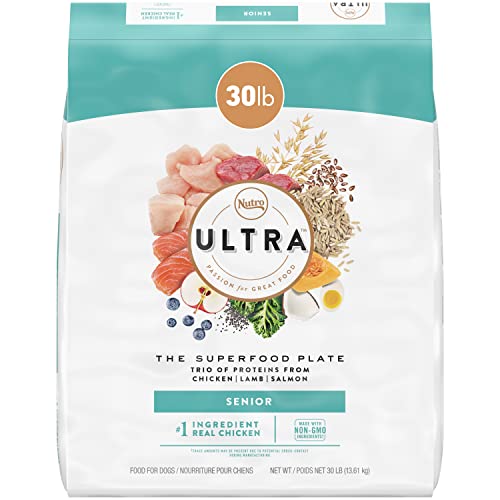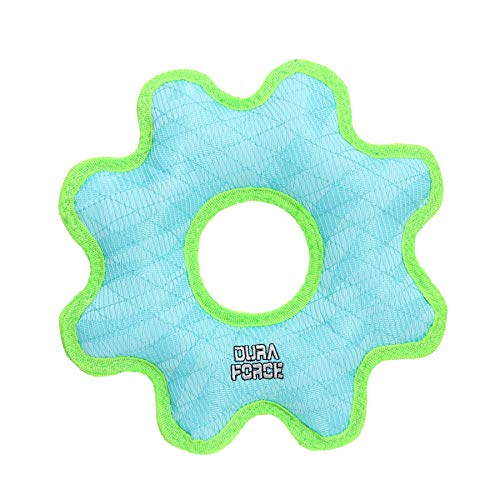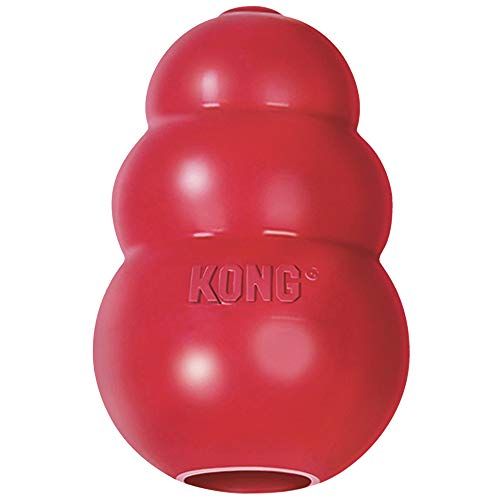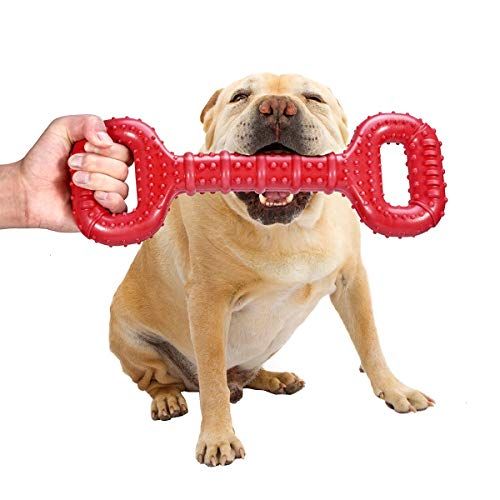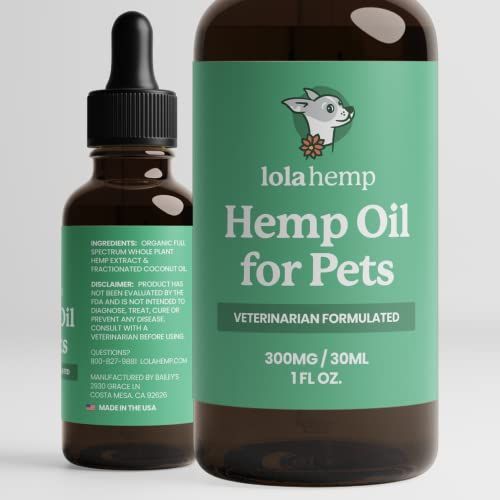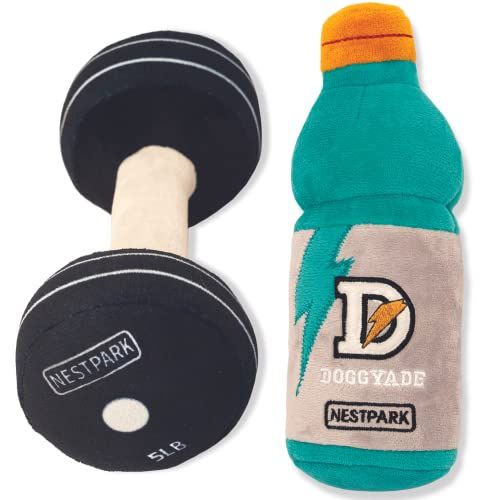View The Best Best Dog Food For Toy Breeds Of 2022 | See Our Top Choices
Are you searching for the best dog food for toy breeds? Your quest ends here! In this article, we've compiled a list of the finest options available, tailored to meet the unique nutritional needs of your beloved small-sized pets. Dive in to learn about the key factors to consider when purchasing the ideal dog food for your toy breed companion.
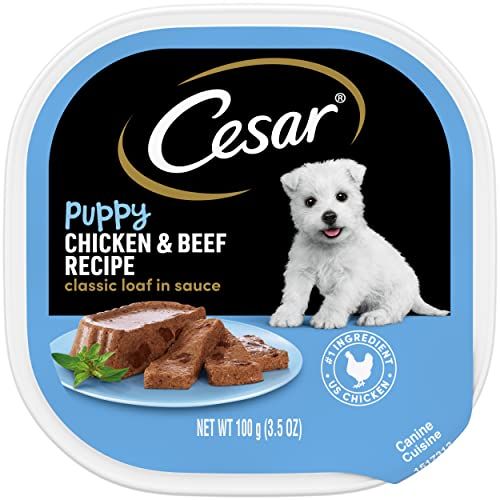
Overview:
The key factors to consider when selecting the best dog food for toy breeds include the size and shape of the kibble, calorie content, protein sources, and essential nutrients tailored for small breed dogs. Understanding these factors ensures you provide a well-balanced diet to maintain your pet's overall health and well-being.
It is crucial to evaluate these factors as toy breeds have distinct dietary requirements compared to their larger counterparts. Their smaller size, faster metabolic rates, and susceptibility to specific health issues necessitate a carefully formulated diet. By taking these factors into account, you'll be able to choose the best dog food for toy breeds, keeping them happy, healthy, and energetic.
FAQs
Q: How often should I feed my toy breed dog?
A: Toy breeds typically require more frequent feeding due to their fast metabolism. It is generally recommended to feed them small, portion-controlled meals 3-4 times a day, depending on their age, activity level, and specific nutritional needs.
Q: Are there specific ingredients to avoid when choosing dog food for toy breeds?
A: When selecting the best dog food for toy breeds, avoid artificial colors, flavors, and preservatives, as well as low-quality protein sources and fillers such as corn, wheat, and soy. These ingredients may lead to health issues, allergies, or digestive problems.
Q: Can I feed my toy breed dog the same food as my larger breed dog?
A: It is not recommended to feed toy breeds the same food as larger breeds, as their unique dietary requirements differ. Toy breeds require specially formulated dog food that caters to their higher metabolism, smaller kibble size, and specific nutrient needs.
- %shortname% Score9.4
%shortname% Score is a ranking system developed by the %domain% team. %shortname% score has no relationship or impact from manufacturers or sales agent websites. Learn more
- BrandCesar
- %shortname% Score9.4
%shortname% Score is a ranking system developed by the %domain% team. %shortname% score has no relationship or impact from manufacturers or sales agent websites. Learn more
- BrandPurina Pro Plan
- %shortname% Score9.4
%shortname% Score is a ranking system developed by the %domain% team. %shortname% score has no relationship or impact from manufacturers or sales agent websites. Learn more
- BrandNutro
- %shortname% Score9.2
%shortname% Score is a ranking system developed by the %domain% team. %shortname% score has no relationship or impact from manufacturers or sales agent websites. Learn more
- BrandCesar
- %shortname% Score9.4
%shortname% Score is a ranking system developed by the %domain% team. %shortname% score has no relationship or impact from manufacturers or sales agent websites. Learn more
- BrandNutro
- %shortname% Score9.4
%shortname% Score is a ranking system developed by the %domain% team. %shortname% score has no relationship or impact from manufacturers or sales agent websites. Learn more
- BrandNutro
- %shortname% Score9.2
%shortname% Score is a ranking system developed by the %domain% team. %shortname% score has no relationship or impact from manufacturers or sales agent websites. Learn more
- BrandSolid Gold
- %shortname% Score9.2
%shortname% Score is a ranking system developed by the %domain% team. %shortname% score has no relationship or impact from manufacturers or sales agent websites. Learn more
- BrandBlue Buffalo
- %shortname% Score9.4
%shortname% Score is a ranking system developed by the %domain% team. %shortname% score has no relationship or impact from manufacturers or sales agent websites. Learn more
- BrandCesar
- %shortname% Score9.4
%shortname% Score is a ranking system developed by the %domain% team. %shortname% score has no relationship or impact from manufacturers or sales agent websites. Learn more
- BrandCesar
- %shortname% Score9.4
%shortname% Score is a ranking system developed by the %domain% team. %shortname% score has no relationship or impact from manufacturers or sales agent websites. Learn more
- BrandNutro
Last update on 2023-06-05 / Affiliate links / Images, Product Titles, and Product Highlights from Amazon Product Advertising API
Buying Guides:
Kibble Size and Shape: One of the essential factors to consider when selecting the best dog food for toy breeds is the size and shape of the kibble. Smaller breeds have petite mouths and tiny teeth, making it difficult for them to chew larger kibbles. Opt for kibble specifically designed for toy breeds, ensuring it is small and easy to chew, promoting better digestion and reducing the risk of choking.
Calorie Content: Toy breeds have a higher metabolism, requiring more calories per pound of body weight compared to larger dogs. When choosing the best dog food for toy breeds, it's vital to consider the calorie content in order to provide sufficient energy to meet their needs. Look for calorie-dense formulas with a balanced nutrient profile to ensure your toy breed maintains a healthy weight and receives the energy they need to thrive.
Protein Sources: High-quality protein sources are another key factor when selecting the best dog food for toy breeds. Protein is essential for maintaining muscle mass, supporting growth and development, and aiding in tissue repair. Look for dog food that contains high-quality, easily digestible protein sources, such as chicken, turkey, or fish. Avoid low-quality protein sources, as they may not provide the necessary nutrients for your toy breed.
Essential Nutrients: Lastly, the best dog food for toy breeds should be packed with essential nutrients that cater to their unique needs. These include vitamins, minerals, and fatty acids that support overall health, immune system function, and a shiny coat. Look for dog food containing antioxidants, Omega-3 and Omega-6 fatty acids, and other essential nutrients to ensure your toy breed receives the necessary support for a healthy, happy life.
Conclusion
In conclusion, it's important to take into account aspects like kibble size and shape, calorie level, protein sources, and critical nutrients when selecting the finest dog food for toy breeds. By carefully considering these factors, you'll be able to give your toy breed a diet that is balanced and meets all of their demands, assuring their general health, contentment, and well-being.






